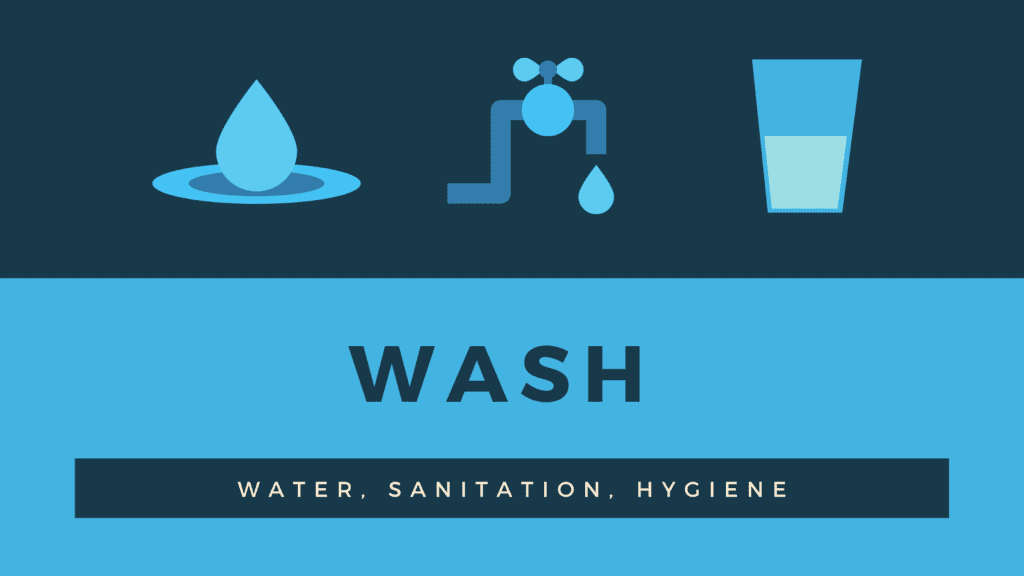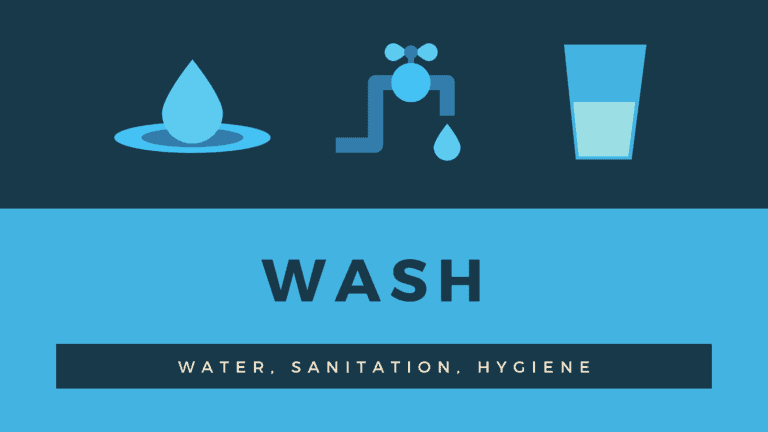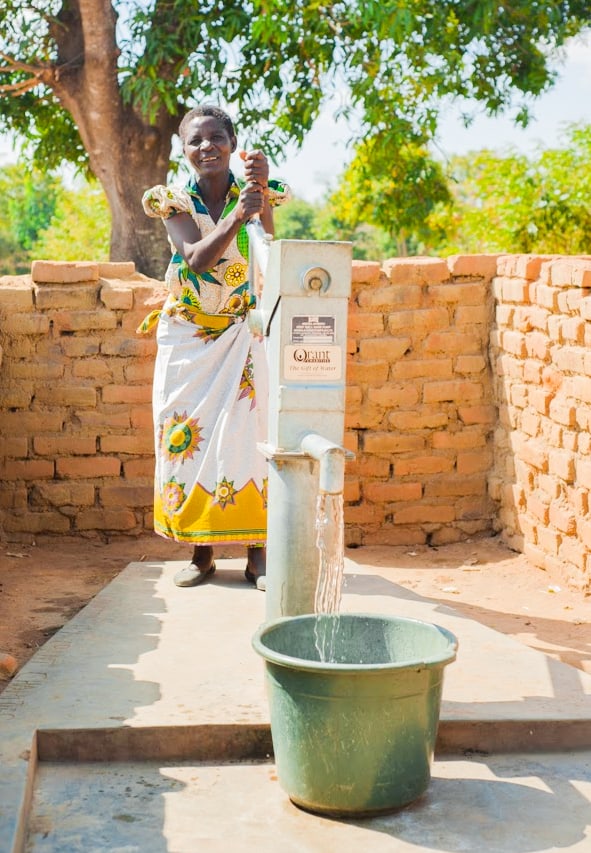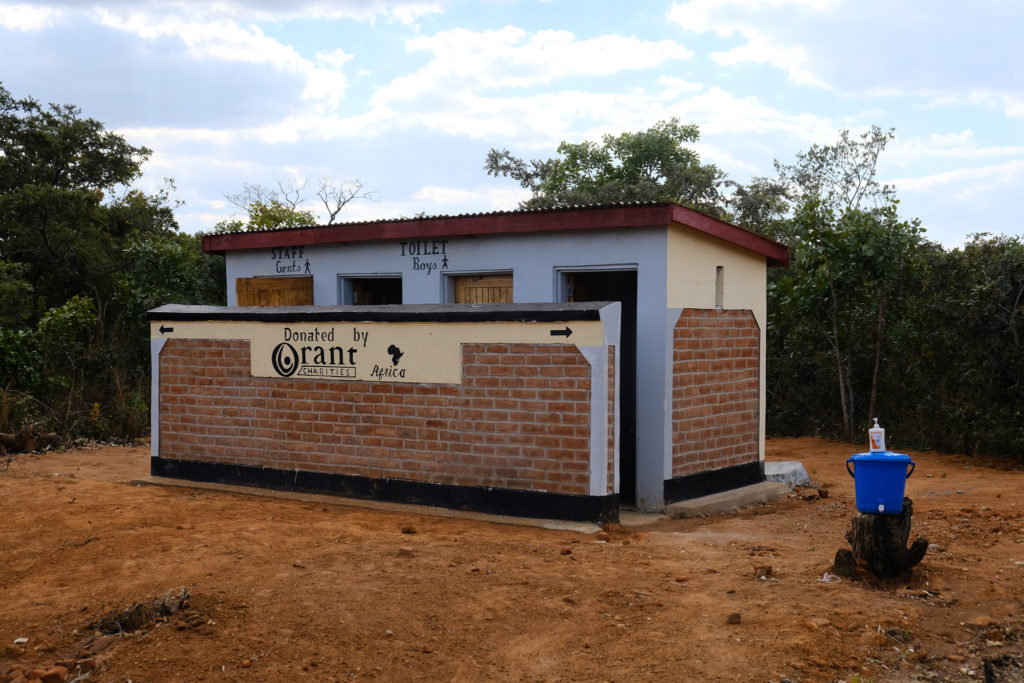WASH in Malawi



If you follow Orant’s media, you might see acronyms like WPC and WASH. But why are they important? What do they mean? Here we break down Malawi’s water lingo and answer other frequently asked questions.
The goal of WASH programming is to protect communities from waterborne illnesses. WASH promotes less open defecation and more access to clean water.
Each water point has a WPC. WPCs regulate, use, and care for water points. They also collect and manage money to pay for parts and repairs.
A way to access clean water. This can be a borehole, water tower, or stand pipe.
A deep hole in the ground. A borehole is narrower than a well, but serves the same purpose. We use them to collect water. Orant’s boreholes have handpumps, as shown in the photo below.

A standpipe is another water point. Like a borehole, it’s used to collect water. But instead of hand pumping, users only have to turn on the faucet. We call standpipes communal taps.

A WASH educational session. These campaigns happen in community spaces or in schools. Orant teaches communities about:
About 4 million people in Malawi don’t have access to basic water supply services. Almost all children suffer complications from water-borne diseases like diarrhea and cholera. Women and girls must walk far for safe water, then carry it back home. This affects their ability to pursue education and employment. Water is a fundamental need. We want to make it accessible.
This week, we are conducting Community-Based Management (CBM) training for the Mazinga Water Point Committee, a vital step toward ensuring reliable, safe, and sustainable access to water for the Mazinga community.
At the heart of Orant’s programs and initiatives is sustainability, which is also one of our values. We believe in not only implementing programs or initiatives but also in creating long-lasting change that will continue to serve our community. In today’s blog article, we talk about why we perform maintenance on water wells and how it contributes to the sustainability of our Water, Sanitation, and Hygiene (WASH) program.
Every year on the 22nd of March, the world commemorates World Water Day as a way of raising awareness of major water-related issues and to inspire action to tackle the water and sanitation crisis. This year’s World Water Day is themed “Water for Peace.” Read our blog article to learn more about what our WASH program is doing to promote peace and foster harmony.
| Cookie | Duration | Description |
|---|---|---|
| cookielawinfo-checkbox-analytics | 11 months | This cookie is set by GDPR Cookie Consent plugin. The cookie is used to store the user consent for the cookies in the category "Analytics". |
| cookielawinfo-checkbox-functional | 11 months | The cookie is set by GDPR cookie consent to record the user consent for the cookies in the category "Functional". |
| cookielawinfo-checkbox-necessary | 11 months | This cookie is set by GDPR Cookie Consent plugin. The cookies is used to store the user consent for the cookies in the category "Necessary". |
| cookielawinfo-checkbox-others | 11 months | This cookie is set by GDPR Cookie Consent plugin. The cookie is used to store the user consent for the cookies in the category "Other. |
| cookielawinfo-checkbox-performance | 11 months | This cookie is set by GDPR Cookie Consent plugin. The cookie is used to store the user consent for the cookies in the category "Performance". |
| viewed_cookie_policy | 11 months | The cookie is set by the GDPR Cookie Consent plugin and is used to store whether or not user has consented to the use of cookies. It does not store any personal data. |